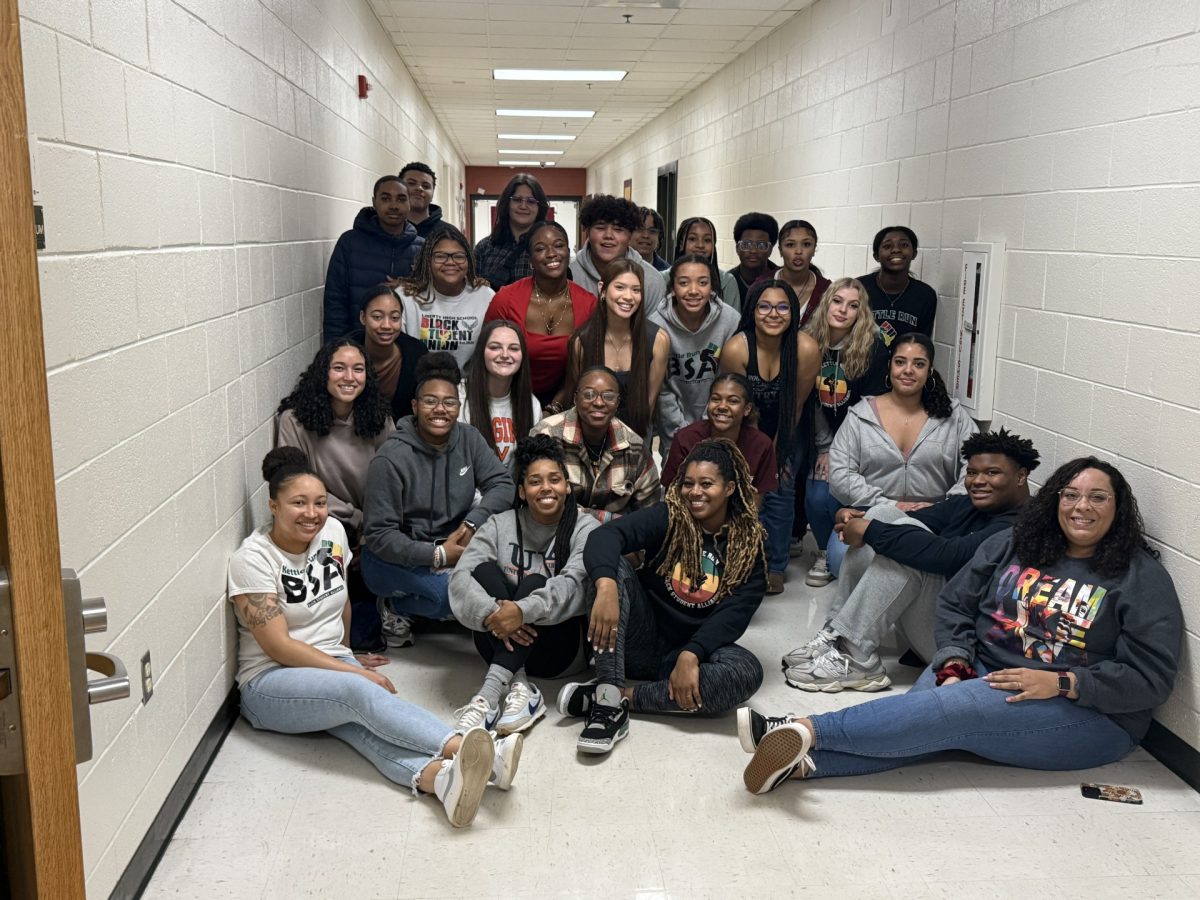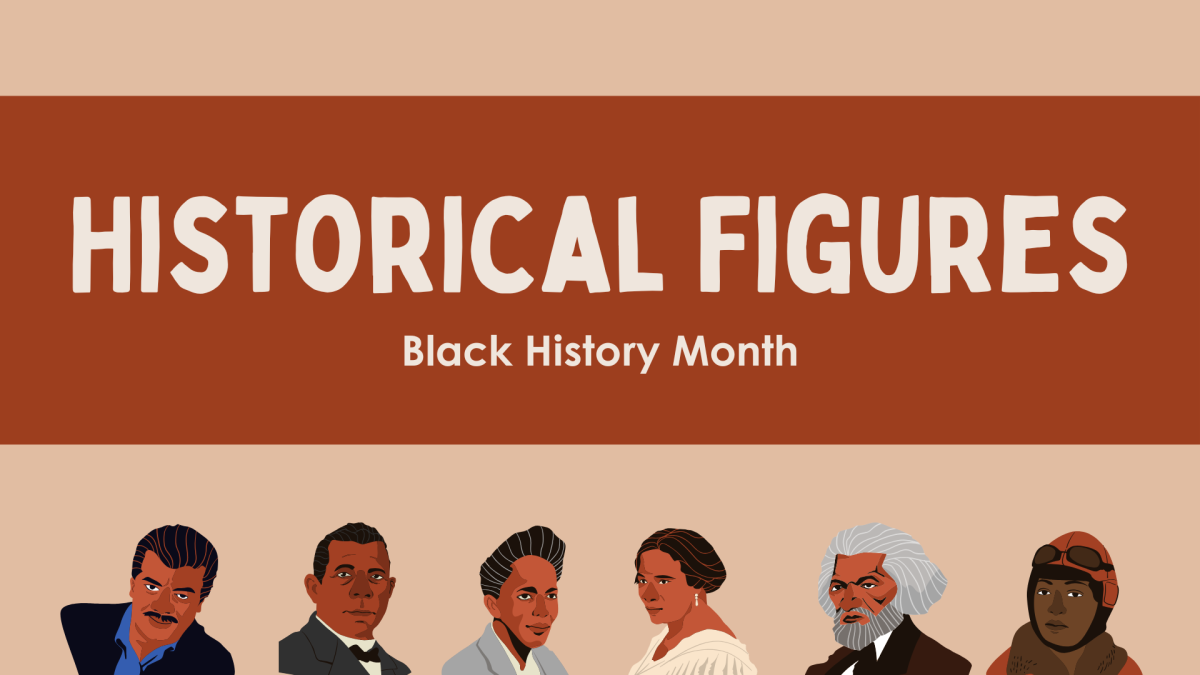One Man’s Extensive Road to Recovery
Former NBA player shares his story of drug addiction
Since 2013, heroin overdoses have been the leading cause of unnatural deaths in Virginia. Heroin isn’t just an issue here in Virginia, it’s also becoming a nationwide epidemic.
This makes the message of reformed heroin addict and former Boston Celtics player, Chris Herren, even more influential. Herren shared his story on September 13 about his addiction to drugs throughout his adolescence and twenties, and later how he found the strength to get sober.
The Herren Project was kick-started by Chris Herren in 2011 as a stride to raise awareness about the dangers of substance abuse. This nonprofit “strives to positively impact the lives of those struggling with addiction by providing effective treatment navigation” according to its website.
Additionally, The Herren Project not only works to educate young adults but also grants scholarships to different programs and camps that focus on boosting self-confidence and building a firm foundation for success.
It was Superintendent Dr. David Jeck who suggested Herren to the PATH Foundation.
“I watched the HBO special about Chris a few years ago, and my son heard him speak in college,” Jeck said. “When PATH asked me about a potential speaker for students, I didn’t hesitate. He impacted both my son and I in different, but related, ways. My son had his own struggles that he has successfully overcome and Chris helped. I am very grateful for Chris and told him so before he spoke.”
Jeck is hoping that students take away something from Herren’s visit.
“I hope that his words will at least cause students to think about the decisions they make and the importance of being comfortable with who they are and what they value,” said Jeck.
Principal Meaghan Brill thought Herren’s message was a powerful one. She was happy to have him at the school to share his story with students.
“It makes the story more meaningful,” Brill said. “The audience was able to hear about real-life issues from someone who has, and continues to, struggle with addiction. Chris is able to relate his own life to the audience listening to his presentation and capture their attention in a way that someone else may not have.”
Counselor Trinnie Reed agreed.
“Having the opportunity to hear about Mr. Herren’s life experiences, from him personally, left an imprint that I believe could not be replaced from having read an article or hearing about it on the news,” said Reed. “His account was personal; it tapped into your senses. You could see, hear, and feel the emotions; all things necessary for creating a lasting impression.”
Students were focused on Herren’s every word.
“The amount of respect that the student body gave to Mr. Herren during his time with us was phenomenal,” Reed said. “I was truly impressed at the attention given to such an uncomfortable topic. I absolutely believe that students are able to learn from the message he brought. His message was not as simple as saying, ‘Don’t do drugs,’ but rather, one where we could experience his journey and see just how impactful heroin was on every aspect of his life, including personal and professional.”
One junior, who preferred to remain anonymous added, “I do believe that it is good for kids to hear firsthand stories because the person telling the story has been through that experience themselves. It shows kids the downside of drugs and the damage that it can do whether it’s to your life, friendships, relationships, family.”
Brill, like many of the other administrators and faculty, hope the message resonated with students.
“I certainly hope that we are all able to learn something from Chris Herren’s message,” Brill said. “It was thought-provoking and relevant. I think our students reacted positively and found value in what was shared.”
In anticipation of Herren’s visit, Sharon Krasny’s English 12 class made posters about local issues heroin has posed in the community.
“We were getting ready for our research project and we were using articles everyone had access to,” Krasny said. “Each student got one article and created a poster on it and then shared it with the class so one student wasn’t reading five articles on heroin. It is also such a big deal in Fauquier County.”
Nathan Pullen created a poster in Krasny’s class.
“It really opened my eyes to the heroin issue,” Pullen said. “Obviously I’ve heard about it in Fauquier County and seen the issues that it causes, but I’ve never seen it firsthand, so I don’t think it really hit home. When we did the project, we read local stories about heroin and it really showed me how prevalent the issue is in our area.”
Fauquier County is one of the many counties in Virginia that has been suffering from the heroin epidemic. In 2016 there were 67 overdoses in Fauquier County, 31 of which were from heroin, and there were 16 deaths from overdoses.


























